On February 17, several entrepreneurs attended a CCP symposium on private enterprises. However, their expressions were grim, showing no joy despite supposedly receiving government support. (Screenshot from video)
People News - The Chinese Communist Party (CCP) recently released its 2025 “Document No. 1,” primarily addressing agriculture, rural areas, and farmers (known as the “Three Rural Issues”). However, compared to last year’s Document No. 1, this year’s version significantly reduces references to “the Party’s leadership.” Last year, this topic was emphasized in a dedicated section, but this year it is briefly mentioned in just one sentence. This change has fueled widespread speculation that Xi Jinping’s power has been further weakened. Analysts believe that the CCP’s internal power struggle has now extended from politics, the military, and the economy to rural and agricultural affairs.
The document was released just before China’s National People’s Congress (NPC) and Chinese People’s Political Consultative Conference (CPPCC) on March 4 and 5, serving as a clear directive to those in agriculture and rural sectors: “Follow the official narrative when submitting proposals—do not question the central leadership.” This underscores the fact that even delegates and representatives must be cautious when discussing Xi’s direct involvement in agricultural policies.
Throughout CCP history, any sector placed under Party leadership has faced hardship—not because of a lack of expertise, but because the Party’s obsession with ideological control overrides professional decision-making. The CCP’s core strength lies in political struggle and violent campaigns, not governance. Taiwan’s Central Police University Associate Professor Yu Chih-wei suggests that this document shift could indicate one of two possibilities: A shift toward more professional governance—meaning that internal CCP power struggles have forced the Party to grant experts greater decision-making authority. A decline in Xi Jinping’s influence, with his level of intervention decreasing—a change that Party officials widely support.
One particularly noteworthy term in this year’s Document No. 1 is “New-Quality Agricultural Productivity” (農業新質生產力)—a concept being introduced for the first time. The term “New-Quality Productivity” (新質生產力) was originally coined last year as a rebranded version of former Premier Li Keqiang’s 2015 “Made in China” strategy, which aimed to modernize manufacturing with advanced technology. However, after 2018, China’s manufacturing sector began to decline due to increased international scrutiny and a lack of technological support. By early 2025, the industry had suffered a severe downturn. To cover up these failures, the CCP invented the term “New-Quality Productivity.” Ironically, rather than showcasing Xi Jinping’s achievements, this new term highlights his failures. The CCP’s supposed high-tech advancements have been significantly hindered by U.S. export controls and the “small yard, high fence” strategy, which restricts China’s access to critical technologies. This suggests that Xi’s direct leadership in this area has also ended in failure.
According to state media, “New-Quality Agricultural Productivity” refers to the use of biotechnology, drones, artificial intelligence, and digital technology in rural and agricultural development. However, this vague terminology echoes past CCP slogans such as: "Courtyard Economy" (庭院經濟); "Forest Granary" (森林糧庫); "Four Good Rural Roads" (四好農村路); "Three Supports and One Assistance Program" (三支一扶計畫); COVID-era terms like “Dynamic Zero-COVID” (動態清零) and “Societal Zero-COVID” (社會面清零). These phrases often sound grandiose but lack clear meaning or practical impact—another example of "confusing yet profound-sounding" CCP terminology.
However, Chen Jianfu, director of the China Studies Center at Tamkang University in Taiwan, pointed out that the term "New-Quality Agricultural Productivity" actually reflects the widespread lack of technical skills and adaptability among Chinese farmers. The promotion of agricultural technology in China still faces significant obstacles. Meanwhile, the concept of "Courtyard Economy" reveals the common struggles of farmers, including insufficient funds, technical barriers, and difficulties in market integration, making it hard to establish a truly sustainable economic model. Ultimately, this terminology ironically exposes the CCP’s failures rather than achievements.
Some analysts argue that the CCP has already prepared for this situation. If the Three Rural Issues (agriculture, rural areas, and farmers) remain unresolved, the CCP will simply reinterpret these complex buzzwords. Since different people can have different understandings, the Party retains full control over the narrative. The CCP could shift the blame onto the public, claiming that "Chinese citizens are not yet educated enough to implement high-tech solutions." This echoes Jiang Zemin’s infamous response to foreign journalists questioning why China does not implement democracy—"The quality of the Chinese people is too low."
Taiwan Central Police University Associate Professor Yu Chih-wei suggested that the push for "New-Quality Agricultural Productivity"—which involves applying advanced technology to increase agricultural output and quality—might spark conflicts within government departments or among political elites, making this a development worth monitoring.
Experts highlight that China’s rural areas face multiple long-standing challenges, including: Preventing large-scale relapses into poverty; Severe gaps in public services; Significant obstacles to technological and industrial upgrades; Hidden issues regarding rural land rights and property ownership; Labor shortages and rural development difficulties; Local government financial pressures and bureaucratic inefficiencies.
Yu Chih-wei bluntly stated that for the past 20 years, these problems have never been truly resolved. China’s rural areas still have a large population that remains vulnerable to falling back into poverty. Even a minor economic downturn or natural disaster could push many people back into poverty.
Currently, these issues are no longer directly managed by Xi Jinping; instead, they are largely delegated to technical officials. But can these officials effectively address these problems? Analysts suggest that they cannot and do not dare to. Why is that? If these technical officials were to successfully resolve the issues, whose authority would they undermine? Would it imply that Xi is incompetent? Throughout the history of the Communist Party of China, have officials who outshone their superiors ever enjoyed a prosperous life? During the Anti-Rightist Movement and the Cultural Revolution, those who possessed greater economic leadership skills than Mao Zedong managed to boost the economy; did they benefit from it? How many were not persecuted to death, injured, or had their entire families branded as reactionaries? Are there not enough tragic lessons from history?
Jiang Zemin, who never wielded a gun, managed to overthrow the military-born Yang Baibing brothers. He also suppressed experts like Qiao Shi despite lacking any economic construction or management skills. Isn't this lesson still relevant today?

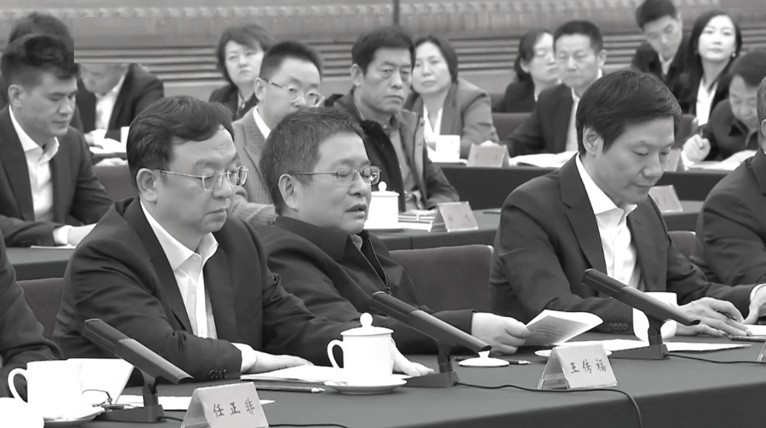

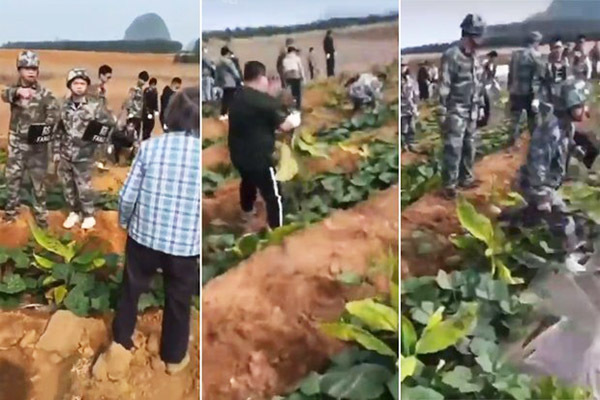
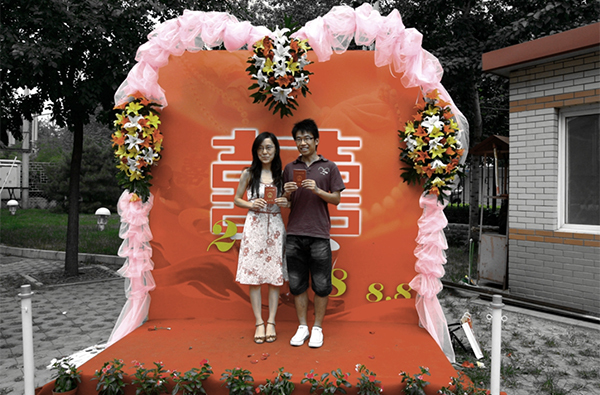
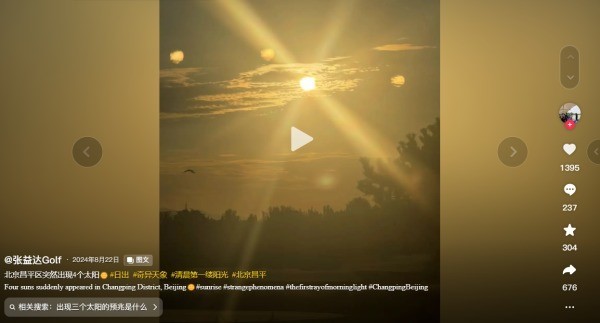

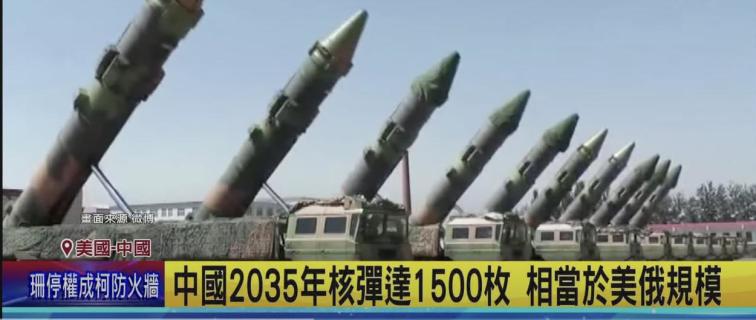

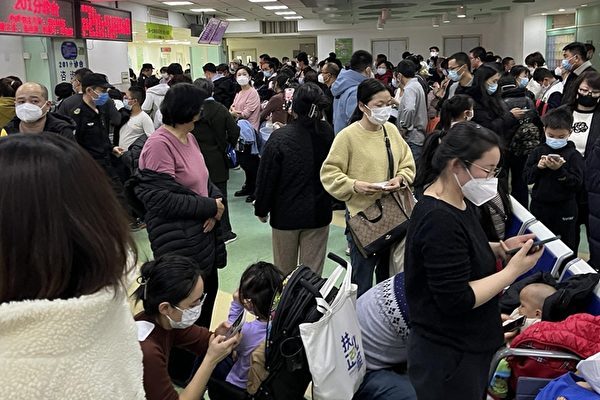

News magazine bootstrap themes!
I like this themes, fast loading and look profesional
Thank you Carlos!
You're welcome!
Please support me with give positive rating!
Yes Sure!